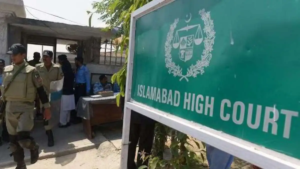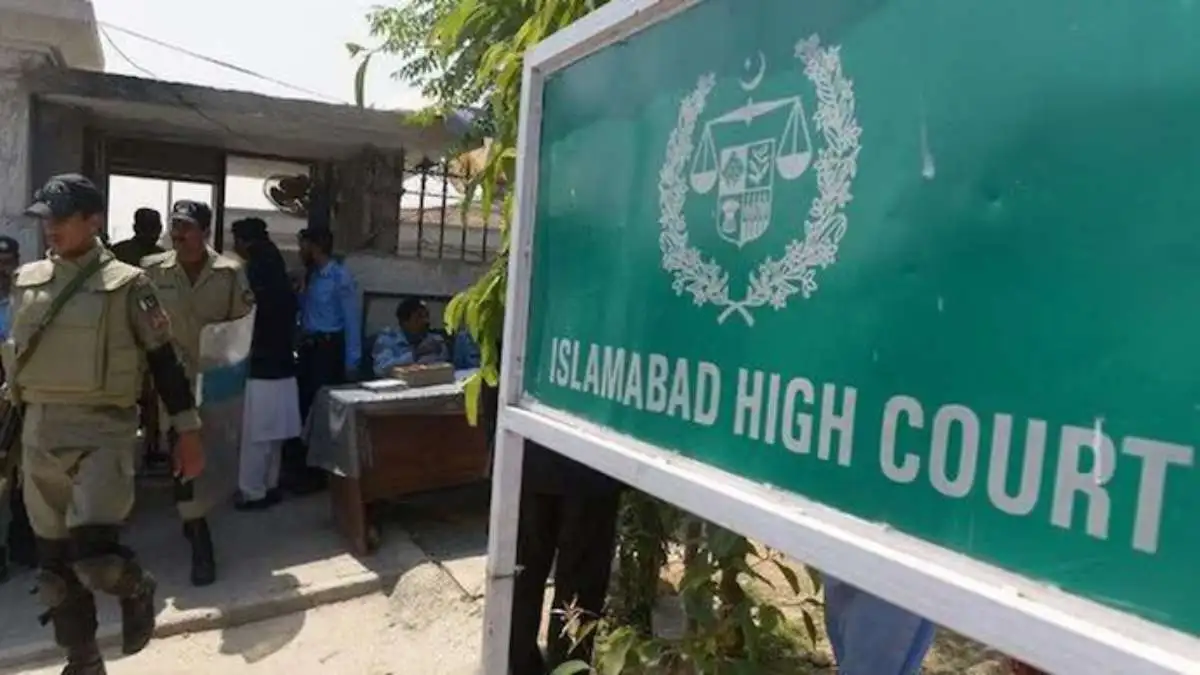The Pakistan government recently declared Pakistan-occupied Kashmir (PoK) as ‘foreign land’ in the Islamabad High Court (IHC). This unprecedented statement came to light during the hearing of a high-profile abduction case involving local Kashmiri poet and journalist Ahmed Farhad Shah. The case, which has garnered significant attention, has added a new dimension to the contentious issue of Kashmir.

The Disappearance of Ahmed Farhad Shah
Ahmed Farhad Shah, a revered poet and journalist, has been missing for the past two weeks. The circumstances surrounding his disappearance became public when it was revealed that two legal cases had been filed against him by the police in PoK. Farhad was reportedly abducted from his residence in Rawalpindi, prompting his wife to file a case in the Islamabad High Court.
Legal Proceedings and the Government’s Admission
During the court proceedings, the additional attorney general appeared before IHC judge Mohsin Akhter Kiani. He informed the court that Farhad was currently held in police custody in Muzaffarabad and Dhirkot, both locations in PoK. The additional attorney general’s declaration that Farhad was on “foreign land” stunned the courtroom, as it implied that PoK was considered foreign territory by the Pakistan government itself.
Statements by Farhad’s Lawyer and the Judge
Farhad’s lawyer, Imaan Mazaari, highlighted this admission in court, emphasizing that it was the reason Farhad could not be produced in court. Judge Kiani questioned the implications of this statement, particularly how Pakistani military and Rangers could operate in a territory deemed foreign. This contradiction raised significant questions about the jurisdiction and sovereignty of PoK.
The Broader Impact on the Kashmir Issue
This admission by the Pakistan government has profound implications for the Kashmir dispute. Pakistan-based journalists and experts have noted that the Farhad case has brought a new perspective to the issue. Senior political analyst Hamid Mir remarked that the law is being misused to establish institutional supremacy, questioning how Pakistani forces could operate in what the government terms foreign land.
Criticism of Intelligence Agencies
Judge Kiani criticized Pakistan’s intelligence agencies for their continued practice of forced abductions, a sentiment echoed by Hamid Mir. Mir pointed out inconsistencies in the government’s statements, noting that Farhad was reportedly in Dhirkot lock-up, yet was not found there when his family searched for him. This discrepancy further undermines the credibility of the government’s claims.
Also Read : Protests in PoK: Residents Demand Change Amidst Violence and Calls for Merger with India
Reactions from India
The statement has not gone unnoticed in India. India has consistently maintained that PoK is an integral part of its territory, illegally occupied by Pakistan since 1947. Indian Home Minister Amit Shah recently reiterated this stance during an election rally, asserting that “Pakistan-occupied Kashmir (PoK) was ours, is ours and will remain ours… and we will take it… no one can stop us.”
Conclusion
The Pakistan government’s admission that PoK is foreign territory is a significant development in the long-standing Kashmir conflict. It not only raises questions about Pakistan’s claims over the region but also underscores the complexities and contradictions in the governance of PoK. As the case of Ahmed Farhad Shah continues to unfold, it will undoubtedly keep the spotlight on the issue, potentially reshaping narratives and diplomatic stances on both sides of the border.

